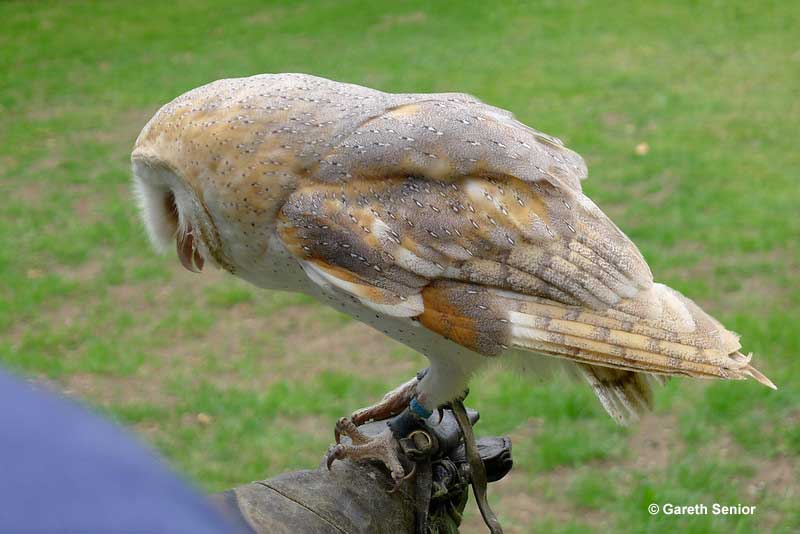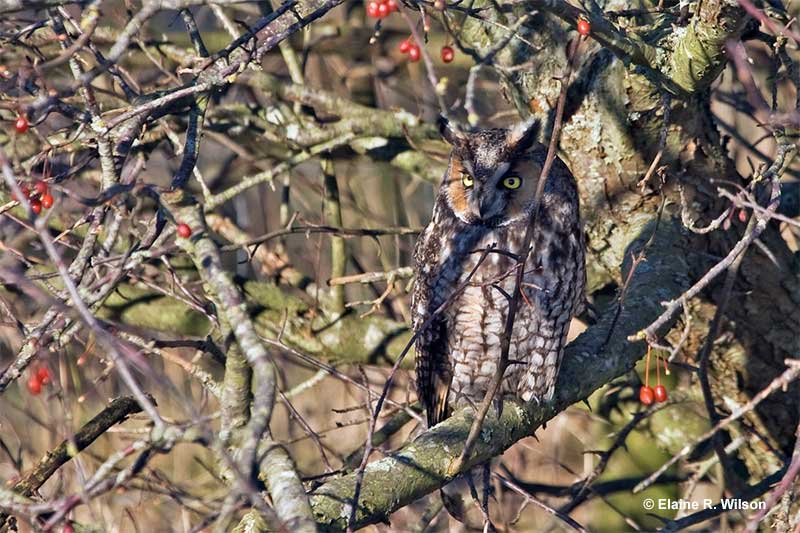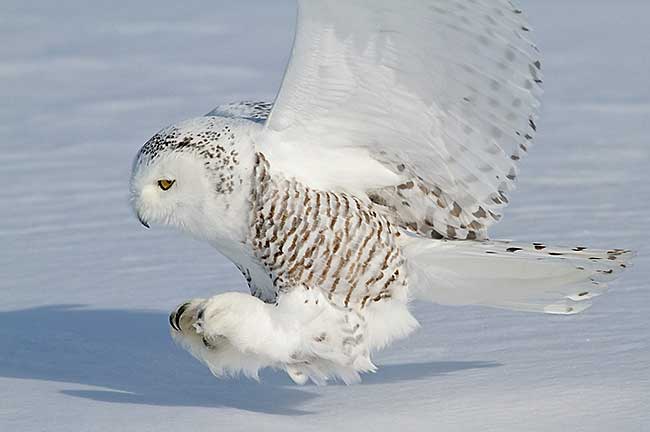
Owls are wonderful birds to watch. These beautiful birds also have fluffy plumage that would be neat to pet!
Wouldn’t it be wonderful to have a pet owl? Although some movies and books make that seem like an exciting idea, the reality of owls as pets is much different.
Can you have a pet owl? What does it take to have an owl as a pet? See this article for answers to these questions and more about keeping a pet owl in the USA!
Key takeaways:
- Owls are wild birds. Their dietary requirements are not easy to match in captivity.
- Taking an owl as a “pet” is not easy. First, there’s the legal side, but apart from that, owls need freedom and a lot of living space.
- Only a few special fields allow the keeping of wild birds. This includes falconers, rehabilitation, and some other fields.
On this page
Is It Possible To Have An Owl As A Pet?
In brief, no, at least not in the USA. As with all wild, native bird species in the USA, owls are protected by the Migratory Bird Treaty Act. This federal law makes it illegal to capture and own wild birds in the USA.
Related: Owl Species In The U.S.
However, in some states, you can keep an owl if you have certain justifications and permits.
While no state lets you legally catch an owl and keep it as a pet for fun, several states allow keeping owls for education, rehabilitation, or breeding purposes.
People who want to keep an owl for education, rehabilitation, or breeding also have to justify one of those reasons for keeping an owl. For example, if they are asked why they have an owl, they can’t just respond with, “Because of education.”
To obtain the proper permits, such owl owners have to demonstrate how they are going to use the owl for education purposes as well as show that they have the facilities to properly care for it.
The same goes for rehabilitation and breeding purposes. Animal rehabilitators have an official license and facilities to care for birds. People that have a permit to keep owls for breeding purposes are usually zookeepers.
Are Owls Susceptible To Loss Of Freedom?
Owls are not domesticated birds by any means. They are wild animals and, as expected, require a certain amount of space. These raptors are accustomed to flying where they please and don’t do well in small cages or other enclosed places.

In the wild, owls are used to flying over fairly large areas. Species that use open habitats, such as the Barn Owl and Snowy Owl, are especially adapted to flying over big open fields and hunting in a big territory.
To keep such birds in a small area is simply cruel.
Even small owls like screech-owls still need a good amount of flying room and will become stressed and more likely to fall ill if they are always kept in a small, enclosed space.
There are also migratory owls that have instincts to fly south or north at certain times of the year. Such species include the Short-eared Owl and the Long-eared Owl. Both species can migrate hundreds of miles and also hunt in big, open fields.
Read more: Owl nests & their functions
They need large, open areas and would be particularly stressed to be in held in an enclosed aviary. For this and other reasons, owls should only be kept by people who can give them the flight exercise they need.
What To Do When You Find An Injured Owl?
Sometimes, owls become injured. Sadly, they are susceptible to being hit by cars and can fly into windows. Migrating owls that can’t find enough food can also become too weak to fly.
If you find an owl doesn’t fly away, looks hurt, or seems tired and lethargic, the poor bird is probably in trouble.
To help it, the first thing to do is to put your cats and dogs in another secure area.
Next, put a light blanket over the owl, and if you are able, very carefully put the bird in a cardboard box with holes so it can breathe. This should keep the owl calm until you can find professional help.
Keep the box in a quiet, shaded spot and call the closest licensed wildlife rehabilitator or veterinary clinic. Explain the situation to them and see if they can come pick the owl up or if you need to bring the bird to them.
In the meantime, as much as you want to, don’t give the owl any food or water. It’s best to let a professional assess the bird and figure out what it needs. Not to mention, since it’s illegal to keep an owl, you’re not supposed to give it anything in any case.

Why Should You Not Keep Owls As Pets?
- It’s illegal. In the USA, owls are protected under the Migratory Bird Treaty Act and can’t be kept as pets.
- Wild animals never make good pets. Unlike dogs or cats, wild animals such as owls aren’t adapted to living with people. They might become tame but aren’t meant to be cuddled and deserve to live wild and free.
- Owls are wild carnivores that need to eat rodents and other wild animals. There isn’t any owl pet food available because they have to eat small animals. They may swallow prey whole or leave part of the dead animal in their enclosure.
- These birds need a lot of living space. They can’t be kept in a small cage and would require a large outdoor aviary where they can fly around.
- Owls are nocturnal. These raptors will sleep for most of the day and become active at night.
- Owl species need a lot of care. These are complex birds adapted to many factors found in their natural habitat. Trying to mimic those factors can be a full-time job.
- In some cases, falconers use owls, but training them is different from hawks and falcons. However, they are trained professionals and equipped to handle them.

